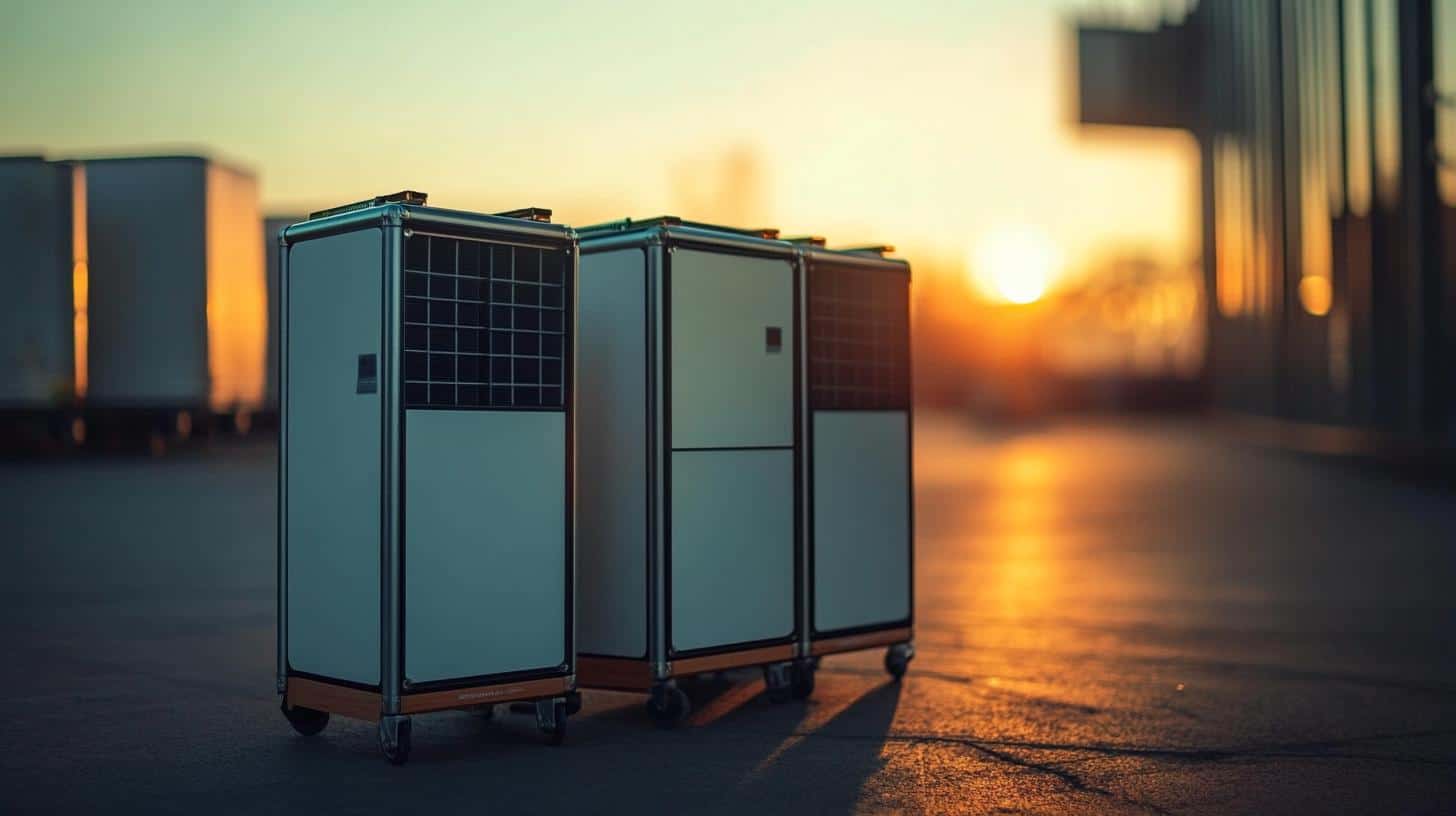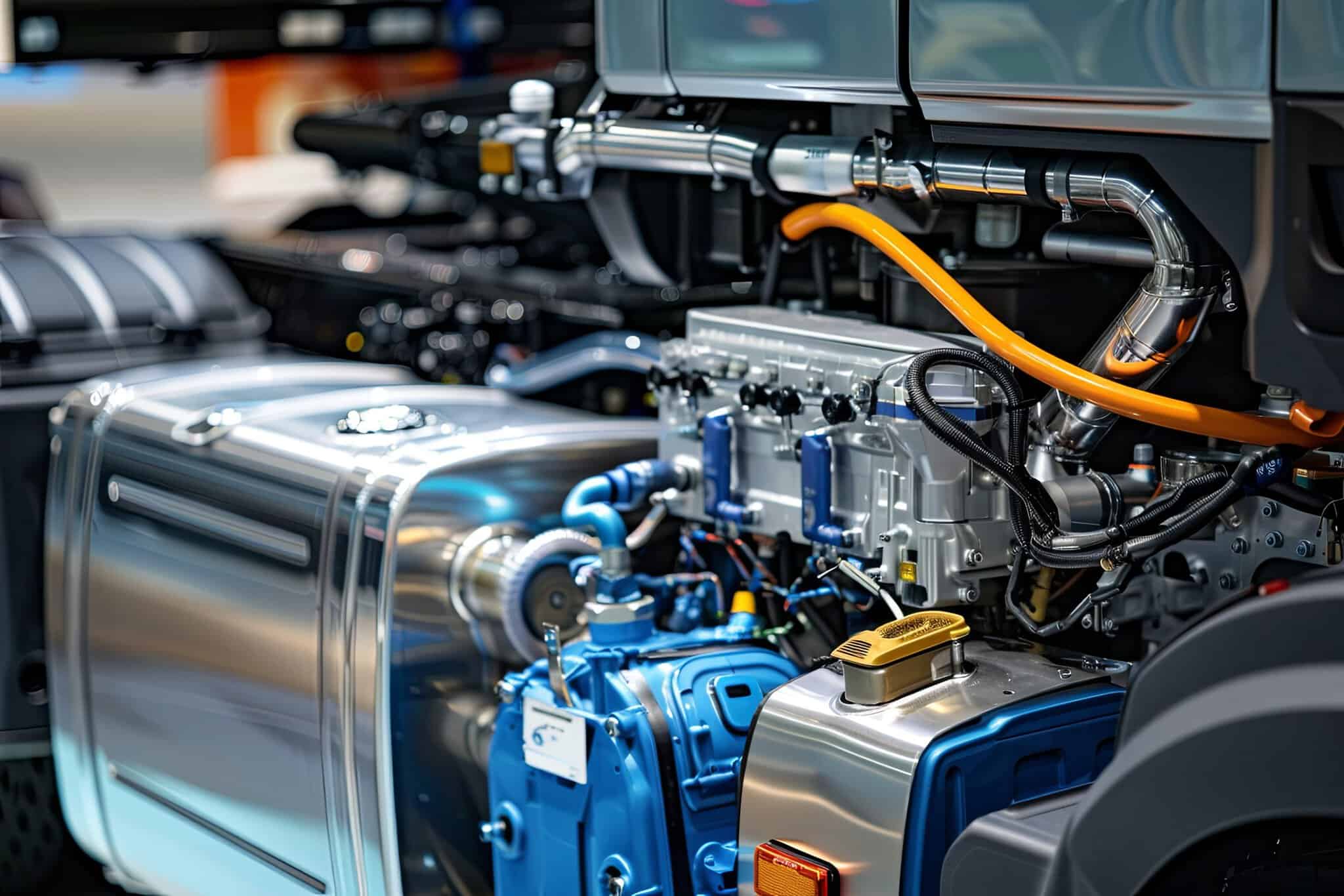In a striking commentary that could reshape the defense industry, billionaire entrepreneur Elon Musk criticized the F-35 fighter jet, claiming it has been outpaced by drone technology. His viewpoints challenge traditional military aviation and spark debate about the future of warfare.
Elon Musk, the world’s wealthiest individual and influential advisor to then-President Donald Trump, expressed his belief that the F-35, a cutting-edge American stealth fighter, is “expensive, complex, and quickly becoming outdated in the drone era.” According to Musk, the fighter was flawed from its inception, as it attempted to be a one-size-fits-all aircraft, making it a costly and intricate project. He emphasized that piloted fighter jets are rendered obsolete by the rise of drones, suggesting that relying on human pilots in future conflicts is impractical.
Accompanied by visuals of a swarm of drones, speculated to be of Chinese origin, forming intricate patterns in the sky, Musk’s provocative comments have resonated throughout the industry. His remarks, shared on social media, immediately affected market dynamics, demonstrating the profound influence he holds. Lockheed Martin, the F-35’s manufacturer, witnessed a significant 3% drop in its stock, reflecting the industry’s anxiety over Musk’s statements.
With his substantial net worth and leadership roles at SpaceX and Tesla, Musk’s insights carry weight. As he assumes key governmental responsibilities under Trump, his critical stance on traditional military advancements like the F-35 may prompt defense companies to reconsider their strategies in the face of emerging technologies.
Elon Musk’s Bold Prediction: Are Drones the Future of Air Warfare? Exploring Implications for the Defense Industry
In recent discussions surrounding the defense industry, Elon Musk’s critique of the F-35 fighter jet has sparked widespread debate about the potential supremacy of drone technology in future warfare. As the founder of tech giants such as SpaceX and Tesla, Musk’s influence within both technological and governmental spheres is significant. His assertion that traditional piloted fighter jets are becoming obsolete in the era of drones invites a re-examination of military strategy and technology development.
The Rise of Autonomous Drones
Musk’s commentary suggests a paradigm shift from manned fighter aircraft to unmanned aerial vehicles (UAVs). These drones offer several advantages, including cost efficiency, reduced risk to human life, and adaptability to changing combat scenarios. Unlike traditional jets, drones can be manufactured at a fraction of the cost, allowing for mass production and deployment. Moreover, advancements in artificial intelligence enhance drones’ ability to conduct missions with precision and minimal human intervention.
Pros and Cons of Drone Warfare
Pros:
1. Cost-Effective: Drones require less investment than traditional jets, as highlighted by reduced manufacturing and operational costs.
2. Safety: Eliminating the need for pilots reduces the risk to human life during combat missions.
3. Versatility: Advanced drones can be easily reprogrammed for various missions, from surveillance to offensive operations.
4. Stealth and Precision: Modern drones can carry out precise attacks while minimizing detection.
Cons:
1. Vulnerability to Cyber Threats: As primarily networked devices, drones are potentially susceptible to hacking and cyber warfare.
2. Ethical Concerns: The increasing use of autonomous lethal systems raises questions about accountability and moral implications in warfare.
3. Dependence on Technology: Heavy reliance on drones may lead to vulnerabilities if the technology fails or is compromised.
Defense Industry Shifts
Musk’s remarks are likely to influence defense contractors such as Lockheed Martin to consider innovations in drone technology and automation. The F-35’s complexity and expense have been points of scrutiny, suggesting that defense companies must pivot towards more agile and cost-efficient technologies to remain competitive. Additionally, significant attention must be invested in cybersecurity measures to protect drone operations from potential threats.
Future Trends and Predictions
The ongoing technological revolution suggests a future where drones play a primary role in military operations. Industry experts predict increased investment in developing autonomous systems and AI-driven weaponry. Moreover, geopolitical dynamics, such as the rise of drone capabilities in nations like China, could accelerate this transition, influencing global military strategies.
Conclusion
Elon Musk’s insights opens up a critical conversation about the evolving landscape of warfare technology. As nations ponder their defense strategies, the shift towards drones highlights both the opportunities and challenges of integrating advanced technology into military operations. This discourse will likely continue shaping defense policies and technological innovations for years to come.
For more insights on innovations in technology and defense, visit SpaceX and Tesla.
















